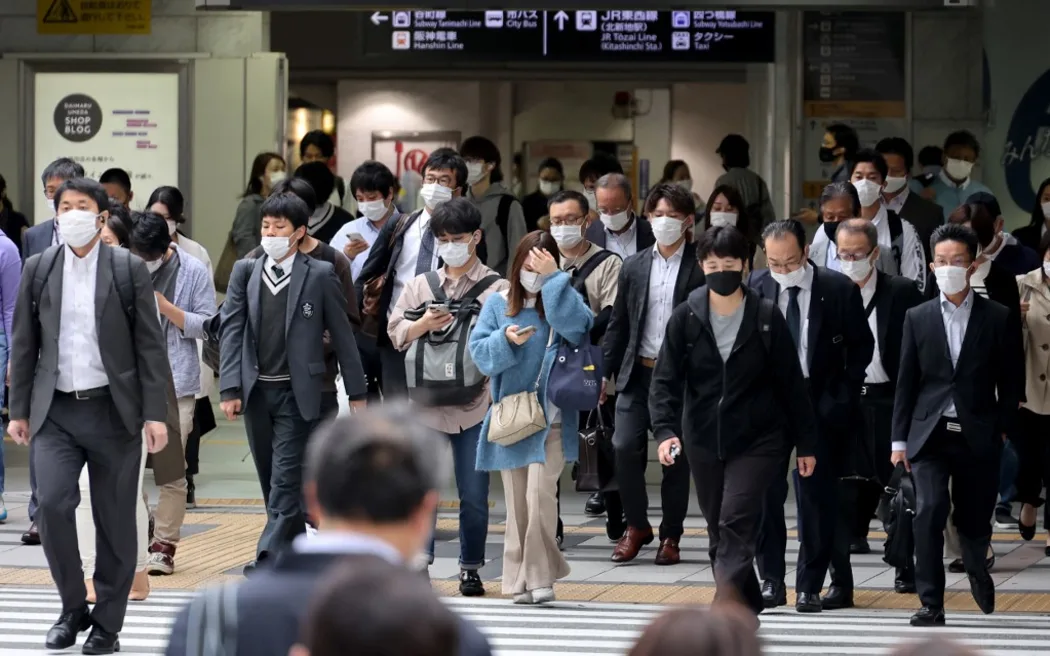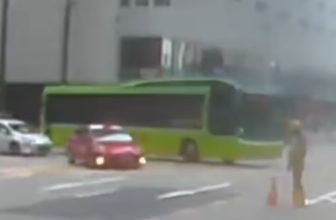
Furthermore, the revision in protocols is accompanied by an easing of mask-wearing requirements in outdoor settings. Individuals are no longer obligated to wear masks when engaging in outdoor activities, contributing to a gradual return to pre-pandemic norms.
It is important to note that despite these adjustments, the emphasis on personal responsibility and adherence to good hygiene practices remains. The public is encouraged to stay vigilant and follow recommended guidelines, especially in higher-risk settings. Authorities continue to monitor the situation closely and will make further adjustments based on the evolving circumstances surrounding the COVID-19 pandemic.
Additionally, individuals will not be required to wear masks when engaging in outdoor activities, marking a significant shift in the COVID-19 response measures. This move aligns with the country’s ongoing efforts to strike a balance between public health considerations and returning to a sense of normalcy.
However, it is emphasized that the relaxation of measures comes with a continued emphasis on personal responsibility, good hygiene practices, and vaccination. The Ministry of Health (MOH) encourages the public to remain vigilant, especially in higher-risk settings, and to stay informed about the evolving COVID-19 situation. Authorities will continue to monitor the pandemic’s developments and make adjustments as necessary.
Despite the easing of mask-wearing requirements in lower-risk healthcare settings, the Ministry of Health (MOH) strongly encourages individuals who are medically vulnerable, seniors, or those with acute respiratory infection (ARI) to continue wearing masks in these settings. This recommendation aims to provide an additional layer of protection for individuals who may be more susceptible to severe outcomes from COVID-19.
In contrast, higher-risk healthcare settings, including inpatient wards, emergency departments, and residential care facilities, will still mandate the use of masks. This measure is intended as a continuous requirement to enhance general infection control practices in these critical areas.
The MOH underscores that individuals admitted to hospitals and residents of residential care facilities are not obligated to wear masks. However, as a precautionary measure, wearing masks is encouraged if they are unwell or exhibit symptoms of acute respiratory infection (ARI).
This adjustment in COVID-19 response protocols reflects the government’s commitment to refining measures based on the evolving pandemic situation, to maintain a delicate balance between public health protection and a return to normalcy.
On February 13, 2023, Singapore marked a significant milestone in its response to the COVID-19 pandemic by lifting most of the remaining restrictions. Among the eased measures were the removal of mask-wearing requirements on public transport and the discontinuation of border measures. Additionally, the utilization of the TraceTogether app and tokens was no longer mandatory.
This step marked a substantial shift in the nation’s approach to managing the pandemic, signifying increased confidence in the overall situation. The move was accompanied by the government’s decision to disband the COVID-19 multi-ministry task force that had been actively addressing the challenges posed by the pandemic since its establishment in January 2020.
The decision to relax these measures reflected Singapore’s progress in controlling the spread of the virus and achieving a level of public health stability that allowed for the easing of pandemic-related restrictions. The government’s actions aimed to strike a balance between protecting public health and facilitating a return to normalcy for the benefit of the nation’s residents.
The Health Ministry highlighted on Thursday that over the past year since Singapore adjusted its Disease Outbreak Response System Condition (DORSCON) level, the nation has adapted to living with COVID-19 as an endemic disease. Despite facing two significant infection waves during this period, Singapore managed to navigate these challenges without the necessity for additional restrictions.
Considering the increased collective resilience of the population, the Ministry of Health (MOH) announced its intention to gradually dismantle the remaining COVID-19 response protocols. Starting from March 1, 2024, these protocols will be seamlessly integrated into the broader spectrum of public health programs. This strategic move reflects Singapore’s ongoing commitment to managing the endemic presence of COVID-19 while streamlining its response mechanisms to align with the evolving dynamics of the situation.




